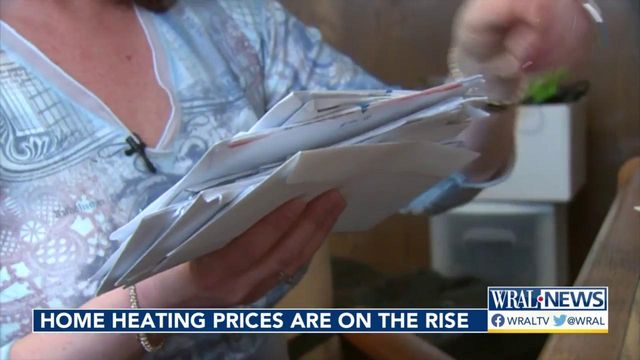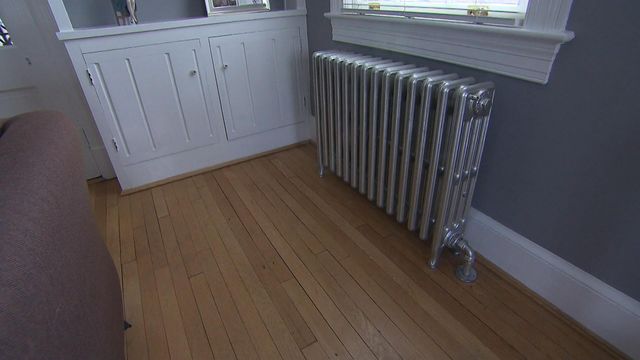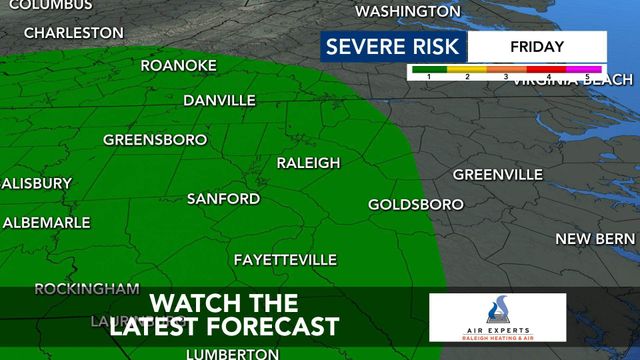Dropping temperatures, rising costs: Help is available to pay heat bills
If you have a warm home to retreat to in these cold months, consider yourself fortunate.
Temperatures are dropping even as prices for heat are rising, in North Carolina and across the country.
"We expect because of a colder winter, folks are going to be using more energy to heat their homes," said Chris Higginbotham, a spokesman for the U.S. Energy Information Administration.
Felicia Downing, manager of Wake County's energy assistance program, says she is seeing hundreds more families in need of help paying their heating bill.
"It really is sad," she said. "Personally, I think a lot of it is due to inflation."
So far this month, more than 930 families have applied for assistance, Downing said. That is a significant increase over the same time last year when there were around 600.
People who get the help must meet certain requirements and be at risk of having a heat-related emergency.
The federal Low Income Home Energy Assistance Program (LIHEAP) says a recent report found more than 20 million American families behind on utility bills.
Wake County’s Energy Assistance Program has already promised more than $1 million to struggling families. About $3 million more is available.
The U.S. Energy Information Administration (EIA) forecast average household heating costs to be 25% higher for natural gas this winter, 37% higher for heating oil, and 11% higher for electricity, compared with last year.
In addition to inflation, uncertainty about energy availability because of the Russian war in Ukraine is pushing prices higher, Higginbotham said.
"As this war continues and nations choose to further sanction Russia, that would have a large effect on the way commodities are produced, and the way commodities move around the global market," he said.
A recent report from the National Energy Assistance Directors Association (NEADA) found about 1 in 6 American families are behind on a utility bill.











